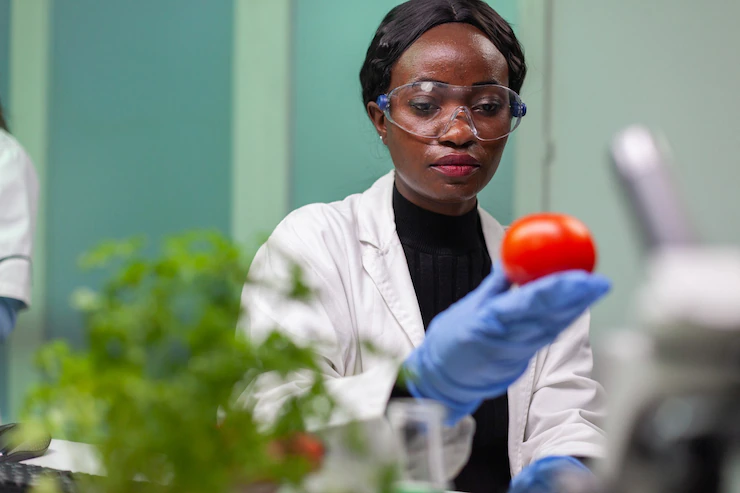- Food technologists play a crucial role in the food industry by applying scientific and technological principles to develop, improve, and ensure the safety and quality of food products.
- They are responsible for conducting research and experiments to develop new food products, improve existing ones, and find innovative solutions for food production and preservation.
- Food technologists work closely with food scientists, engineers, and other professionals to develop and implement new processes, technologies, and ingredients in food production.
- They are knowledgeable about food safety regulations and standards, and they ensure that all food products meet these requirements. This includes conducting quality control tests, analyzing samples, and monitoring production processes.
- Food technologists are involved in the formulation of food products, including selecting ingredients, determining the optimal processing methods, and creating recipes or formulas for mass production.
- They often collaborate with marketing and sales teams to understand consumer preferences and trends, ensuring that food products meet market demands and are appealing to consumers.
- Food technologists are skilled in using various laboratory equipment and techniques to analyze and test food samples for nutritional content, microbiological safety, texture, flavor, and overall quality.
- They stay up to date with advancements in food science, technology, and industry trends through continuous learning and professional development. This helps them adapt to changing regulations, consumer demands, and emerging technologies.
- Problem-solving is a crucial skill for food technologists, as they need to identify and address issues related to product quality, production processes, and food safety. They may also need to troubleshoot equipment or production problems.
- Effective communication skills are essential for food technologists, as they often work as part of multidisciplinary teams and need to convey technical information to colleagues, management, and regulatory agencies. They may also interact with suppliers, customers, and consumers to address inquiries or concerns about food products.
Join 'Farmers Mag' WhatsApp Channel
Get the latest Farming news and tips delivered straight to your WhatsApp
CLICK HERE TO JOIN






